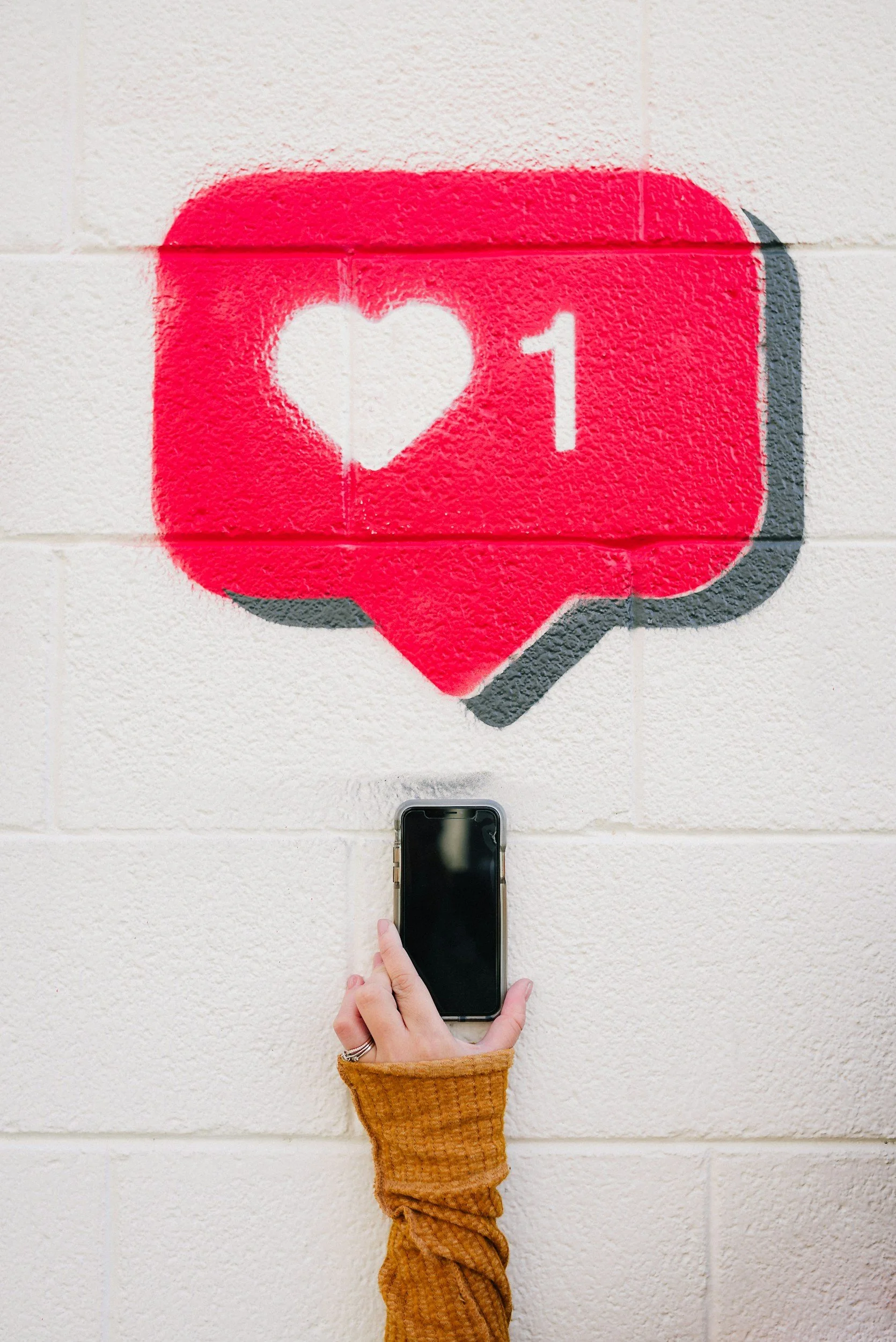TERMINATED: A Look at Nursing, Ethics, and Social Media
It’s hard to imagine, after so many years of Social Media being present, guidelines on social media by healthcare organizations, books, literature, and the history of healthcare professionals acting badly on social media, we are still seeing nurses behaving badly!!!
Recently, if you follow social media, you would have noticed several nurses/ healthcare staff were “TERMINATED” after posting inappropriate pictures online regarding their patients on social media. The immediate response has been to frame these as individual lapses in judgment. But when we step back, we see something much larger at play. These incidents reflect the culture of our workplaces, the formation of professional values in nursing schools, and the influence of the digital environment in which nurses live and work.
Nursing is not simply a career defined by clinical competence. At its core, it is a moral commitment, grounded in trust. The American Nurses Association’s Code of Ethics makes clear that our duty is to safeguard the dignity, rights, and privacy of those we serve. When that commitment is broken, even in the form of a seemingly casual post online, the profession as a whole is impacted. The breach is not only personal, it is cultural.
Today, culture is shaped not only by classrooms and clinical rotations but also by what circulates online. Nurse “influencers” wield immense power, often shaping perceptions of what it means to be a nurse. Many use their platforms responsibly, highlighting advocacy, education, and professional identity. But others blur ethical boundaries, turning patient encounters into content and trivializing professional responsibilities for money, clicks, and likes. When those examples are amplified, they normalize behaviors that run directly counter to the values we are obligated to uphold.
This is where accountability must expand. It is not enough to terminate individuals who violate professional standards. Nursing schools must prepare students for a professional identity that extends into digital spaces. Healthcare organizations must foster cultures where ethical reflection is present. And as a profession, we must confront how influencer culture can reinforce or undermine the Code of Ethics. If nurses are celebrated online for content that blurs professional values and behaviors and can sell out comedy shows for content that skirts the line of professionalism, we should not be surprised when others follow.
Termination closes one chapter, but the deeper story is about recommitment. The Code of Ethics is not a policy manual tucked away in a binder; it is a living guide meant to shape decisions in every context, hallway conversations, bedside interactions, and yes, Instagram reels and TikTok videos. The profession cannot afford to separate public online identity from ethical obligation.
This is not just about what went wrong for those few nurses. It is about how we, as a profession, move forward in a world where social media is not going away. The question is whether we will allow the pursuit of influence to distort our values, or whether we will insist that every platform we occupy reflects the trust, dignity, and accountability that nursing demands. Nursing is a professional identity that the profession often fails to communicate and instill in those entering into the profession, and falls short in holding schools and institutions accountable for the nurses they produce!


